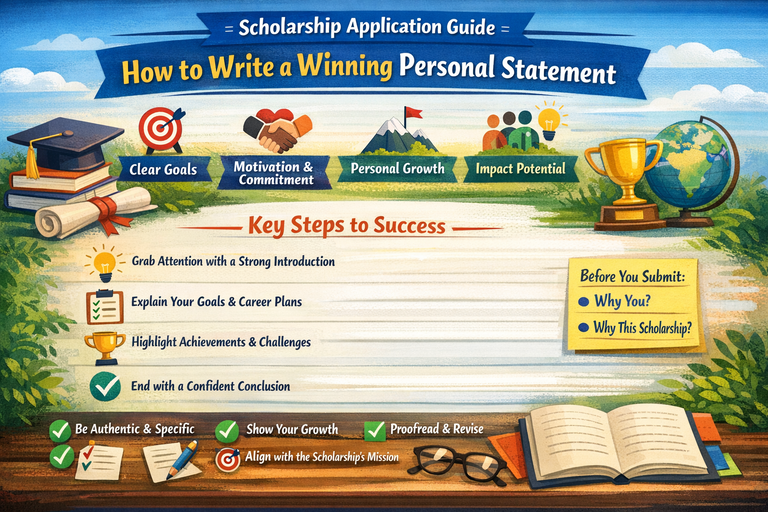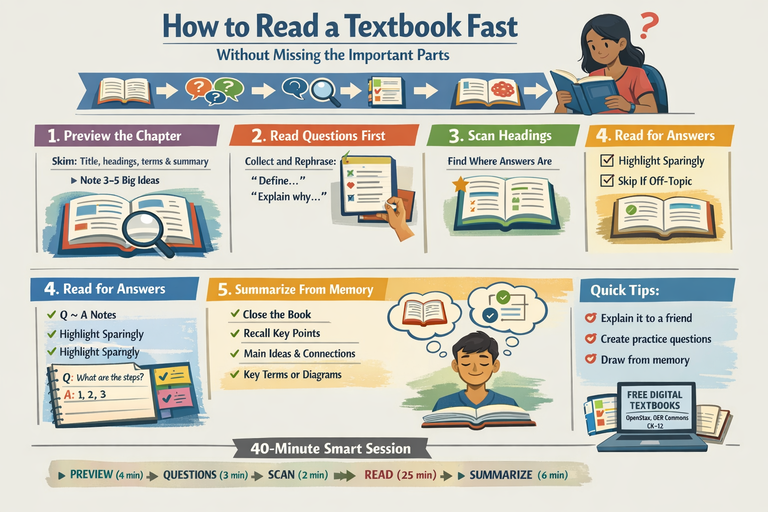The Literary Entrepreneur: Characters Who Turned Ideas into Empires
In the realm of fiction, entrepreneurship often transcends spreadsheets and boardrooms. Some of literature’s most compelling characters have taken simple ideas and built them into powerful enterprises—sometimes literal empires, sometimes symbolic ones.
These characters embody the spirit of innovation, risk-taking, and vision, reflecting how deeply the entrepreneurial archetype resonates in storytelling. Whether through sheer grit, cunning strategy, or revolutionary thinking, literary entrepreneurs remind us that ambition is as timeless as storytelling itself.
1. Jay Gatsby – The Great Gatsby by F. Scott Fitzgerald
Jay Gatsby may be remembered for his lavish parties and mysterious wealth, but at his core, Gatsby is an entrepreneur of identity. His empire isn’t just built on bootlegging; it’s built on reinvention. He transforms from the humble James Gatz into the legendary Gatsby, creating a persona that captures the imagination of New York’s elite. While his methods are questionable, Gatsby’s entrepreneurial pursuit of an ideal—love, status, the American Dream—is unforgettable and ultimately tragic. His empire, though grand, is built on illusions.
2. Jo March – Little Women by Louisa May Alcott
Jo March is a literary entrepreneur whose business is words. Rejecting the constraints of her time, Jo writes prolifically, sells her stories, and even negotiates her own publishing contracts—an unusual feat for a woman in the 19th century. By the end of Little Women, Jo doesn’t just succeed as a writer; she opens her own school and builds a life around her intellectual and creative freedom. Her character inspired generations of readers to view creativity as both a passion and a professional pursuit.
3. Tyrion Lannister – A Song of Ice and Fire by George R.R. Martin
Though not a conventional businessman, Tyrion Lannister is a master strategist who understands that information is power. His intellectual capital becomes his currency in a world obsessed with bloodlines and brute strength. In A Dance with Dragons, he even gets involved in brokering political deals and economic strategies during his exile. Tyrion shows how empire-building in fiction can be intellectual and political—driven by wit rather than wealth.
4. Christian Grey – Fifty Shades of Grey by E.L. James
Christian Grey is a textbook literary entrepreneur—young, wealthy, and in control of a massive business empire. While the novels focus primarily on his romantic life, Grey’s character represents the modern ideal of a self-made mogul. He is charismatic, calculated, and built his business from the ground up. Though the series is controversial, Grey’s portrayal as a business tycoon helped fuel the archetype of the "billionaire entrepreneur" in contemporary romance fiction.
5. Vito Corleone – The Godfather by Mario Puzo
Vito Corleone built his empire from the streets of New York, and while his business ventures were outside the law, the Don embodies the quintessential entrepreneurial spirit. Strategic, patient, and values-driven (in his own moral code), Corleone doesn’t just grow a business—he establishes a legacy. His story reflects the darker side of entrepreneurship, where power and survival often override ethics, but it’s undeniably a tale of empire-building.
6. Molly Bloom – Molly’s Game by Molly Bloom
Although not fictional, Molly Bloom’s memoir reads like a gripping novel. As the mastermind behind high-stakes underground poker games involving Hollywood elites, Molly turned a niche idea into a million-dollar empire—until the FBI came knocking. Her story, later adapted into a movie, highlights real-life literary entrepreneurship: vision, hustle, and a costly fall from grace. It’s proof that sometimes, life writes the best fiction.
Conclusion: The Empire Within the Page
Literature is full of dreamers who turn vision into victory—or ruin. These characters, whether fictional or based on real individuals, reflect the vast spectrum of entrepreneurship: from creative pursuits and financial empires to the power of influence and personal branding. They remind us that in literature, like in life, empires are built not just with money, but with ideas, courage, and relentless drive.
So the next time you dive into a novel, look out for the literary entrepreneurs. They just might be building more than a business—they’re building a legacy.








